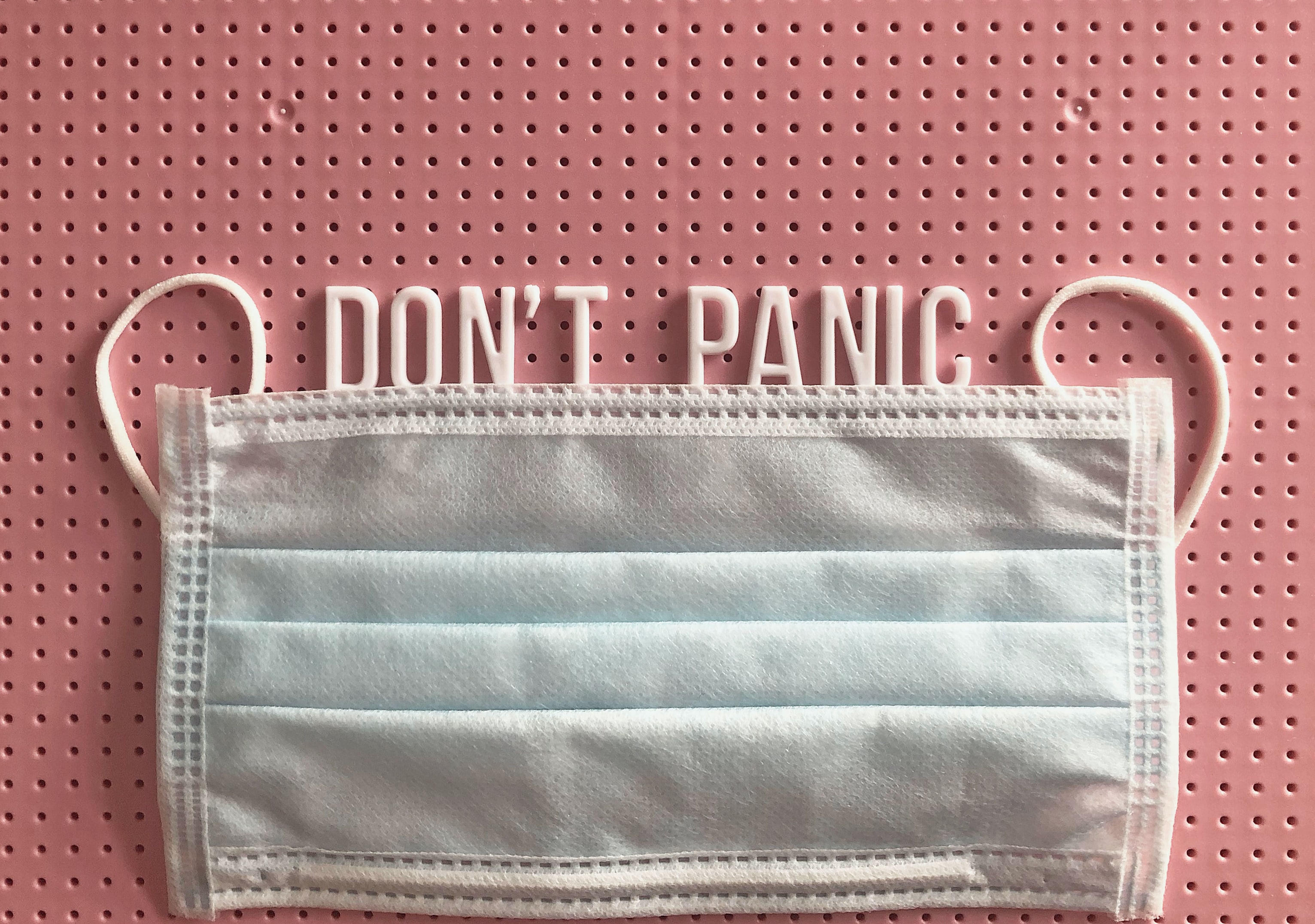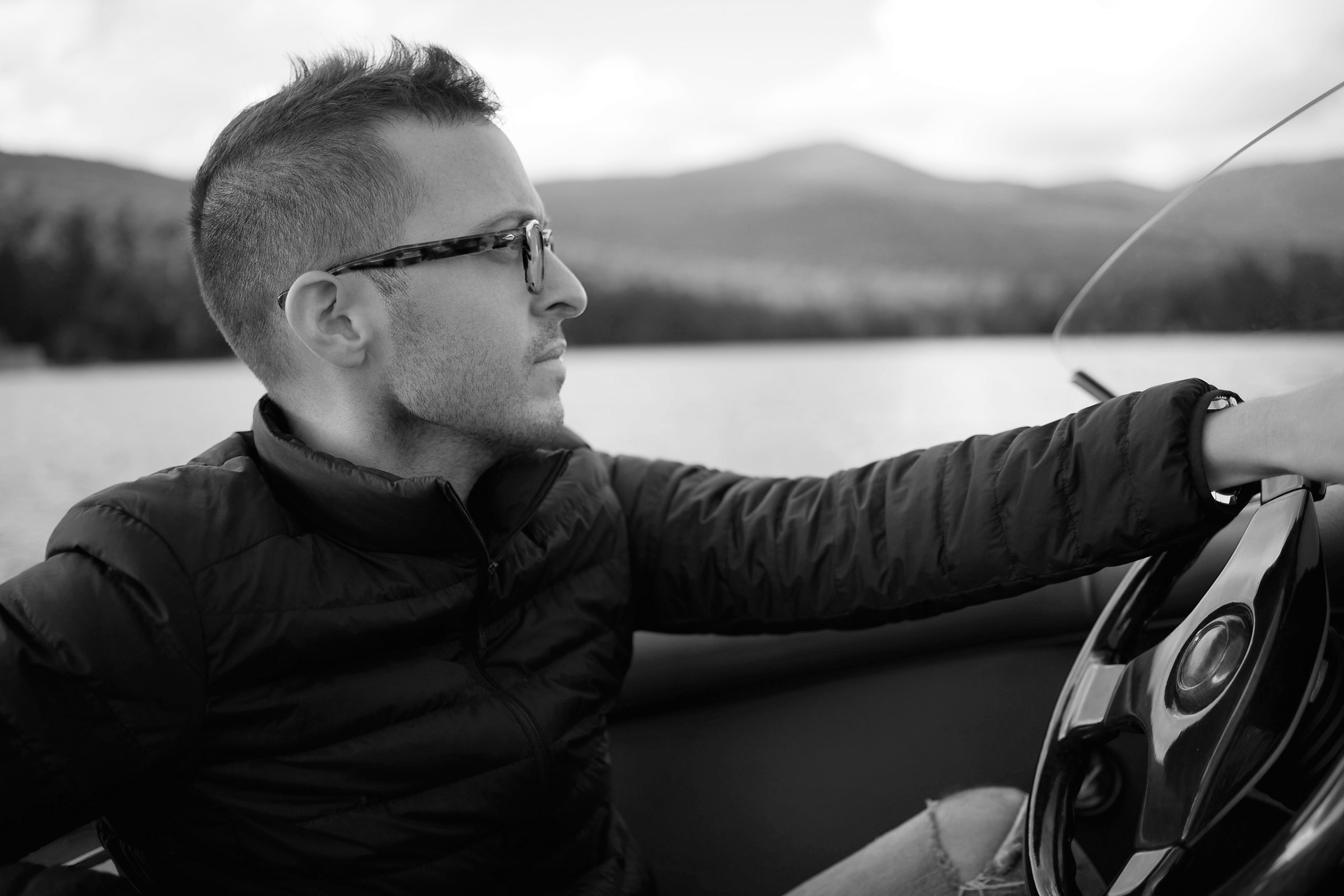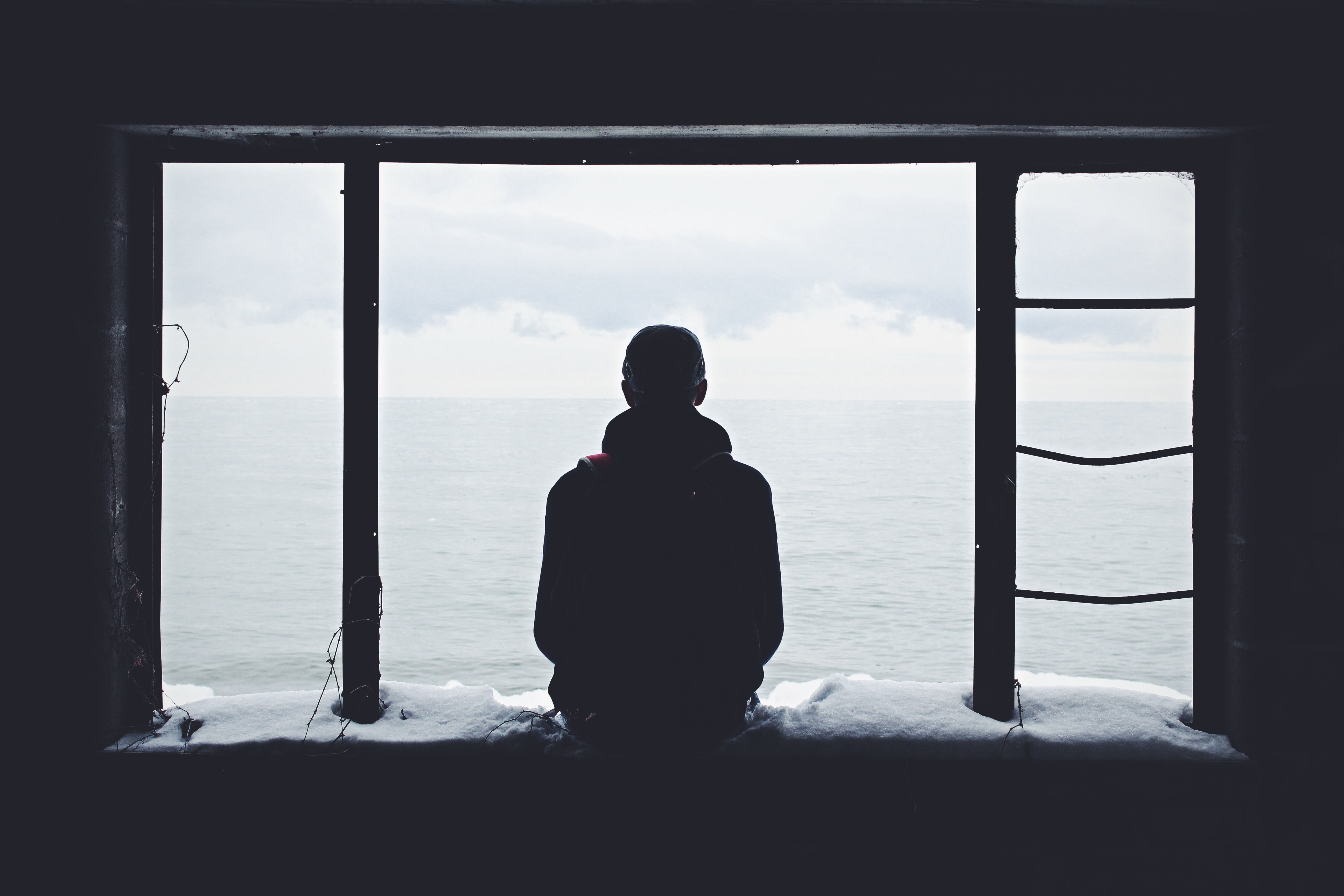On a Monday in early April, I braved the COVID-19-laden streets of New York City to attend my monthly chemotherapy appointment. In June 2018, I was diagnosed with acute lymphoblastic leukemia while living in Milan, Italy. I flew home to New York City overnight and checked into Memorial Sloan Kettering, which would be the beginning of a nightmarish year of intensive chemotherapy. Now, wrapping up year one (of three) of my maintenance chemotherapy regimen and well into remission, I consider these appointments more of a nuisance—less and less a question mark, a reminder of the fragility of life. I have the routine down pat: go to Sloan Kettering, visit the phlebotomist for my blood draw, catch up with my doctor, receive my ten-minute intravenous bag of chemotherapy, head home. Repeat next month. And, hopefully, stay in remission.
Well, later that week, I received the call from my doctor: “Hi Charlie, so your blood technically came back negative for cancer, according to the report, but it seems there were some abnormal cells, which we are not sure what to make of. We are sending it out for further molecular testing to see what exactly this means.”
I feigned relative calm on the phone and asked the doctor to keep me posted on the results. When I hung up, everything crashed down. Lying on the couch in my shoebox apartment, my future began to unravel before me. Okay, your biggest fear is happening. It’s back. We knew this might happen. Of course, it is happening during the coronavirus pandemic. Cruel world. You’re smug. You thought you were on the path to being cured—that you could avoid a bone marrow transplant and be successfully treated through chemotherapy alone? Fat chance. Now, you have to get a new immune system in the midst of a global pandemic. Best of luck.
I was frozen. I could not call my parents because I did not want to unnecessarily worry them. Or so I told myself. In reality, I did not want to will my recurrence to life by sharing what was happening. If I kept this to myself, perhaps there was a better chance that the reading was faulty. God dammit, I thought I had graduated from this inclination towards superstition after my hellish last year. It is amazing how quickly all the work I have done to better my mental health and reduce my anxieties and paranoias vanished with a pithy utterance from my doctor: “abnormal cells.” (I must add, even writing this, I feel superstitious that I am tempting fate.)
But, at the same time, I felt something that I did not feel once during my intensive chemotherapy. The more I pictured reentering treatment, the more I felt hopeful. I felt better equipped to handle this devastating monster. I remember meeting with my friend and cancer-guru Phoebe, who had gone through the same leukemia as myself, right after I finished my intensive treatment. She told me about her recurrence, which sent shivers down my spine. I don’t know how she did it twice, I thought to myself. I could not help but say: “I cannot imagine how hard it must have been the second time.” She replied that indeed, the diagnosis a second time was heartbreaking, but she somehow felt ready to tackle this disease once and for all. And she did. Her resilience to me, at the time, sounded insane—perhaps even embellished. I now understood.

Going through cancer is a philosophical nightmare with endless unanswered questions. Cancer is as much of a mental illness as it is physical, if not more so. Most of my pain throughout my treatment was and continues to be a poisoning of the mind, not body—unbelievable considering the heavy doses of toxic chemotherapy, a dangerous bout of acute myopericarditis, a severe allergic reaction to one of the drugs, and endless spinal taps (I am at around thirty currently). Still, the tricks of my mind and the ensuing emotions both overshadowed these moments and distorted my interpretation of their magnitude.
During my intensive treatment, I thought that I was going to die every day. Every time one of the aforementioned actual adverse events would happen, my anxiety would overwhelm my senses, causing me to blow up at my doctors and my parents and erupt into tears unexpectedly. My fight or flight response remained activated for ten months, making me a fidgety, unstable mess. I could only think of missed opportunities, and things that I would and will do differently if I make it through this trauma. The present was unbearable.
Ultimately, after reflecting on how my negativity affected my intensive treatment phase, I now understand the benefits of truly embracing positivity while sick. Much easier said than done, but after living through the hell of the alternative, I would do everything in my might to say yes to optimism should the monster re-emerge from the shadows. Perhaps why even in the depths of potential recurrence purgatory, I for once felt a glimmer of hope.
Alone in my two-room apartment, I waited a week for the results of the further testing. I reread Man’s Search for Meaning by Viktor Frankl, because, honestly, there is nothing like comparing your situation to the Holocaust to slam the door on your self-pity. I dodged calls, as I could not feign normalcy and did not want to discuss my situation. I could not concentrate, so I watched sad movies and cried and ate and cried and ate. After one week, and living through about one hundred imagined lives, I received the call.
No cancer. I was still in remission.
For now, I will lean into this false alarm, count my blessings, and proceed with caution. And remind myself how quickly it all can change. And pray every moment for the physical, and mental, health of the people who are sicker than me—those resilient, courageous warriors.


